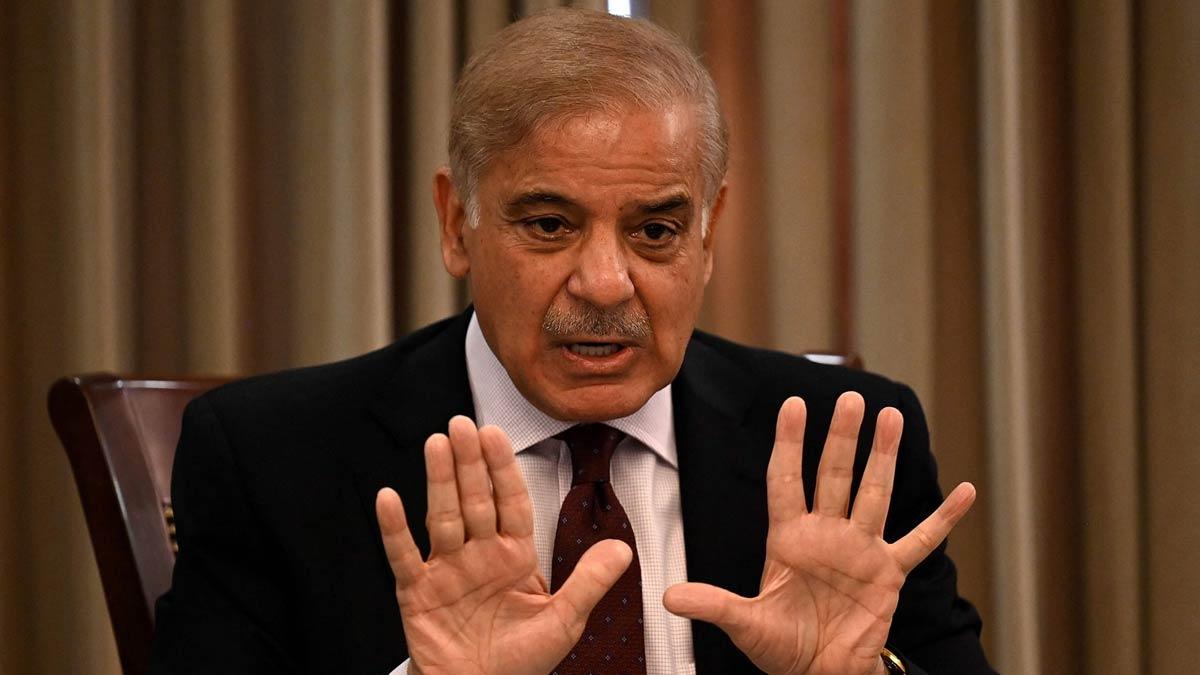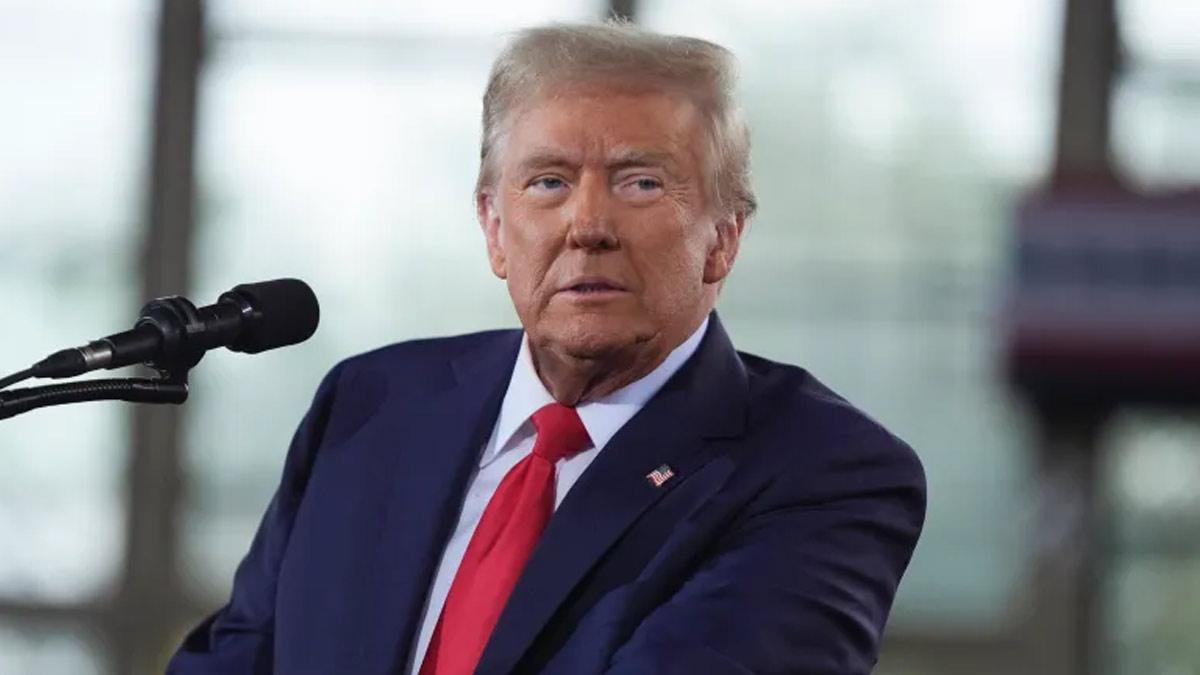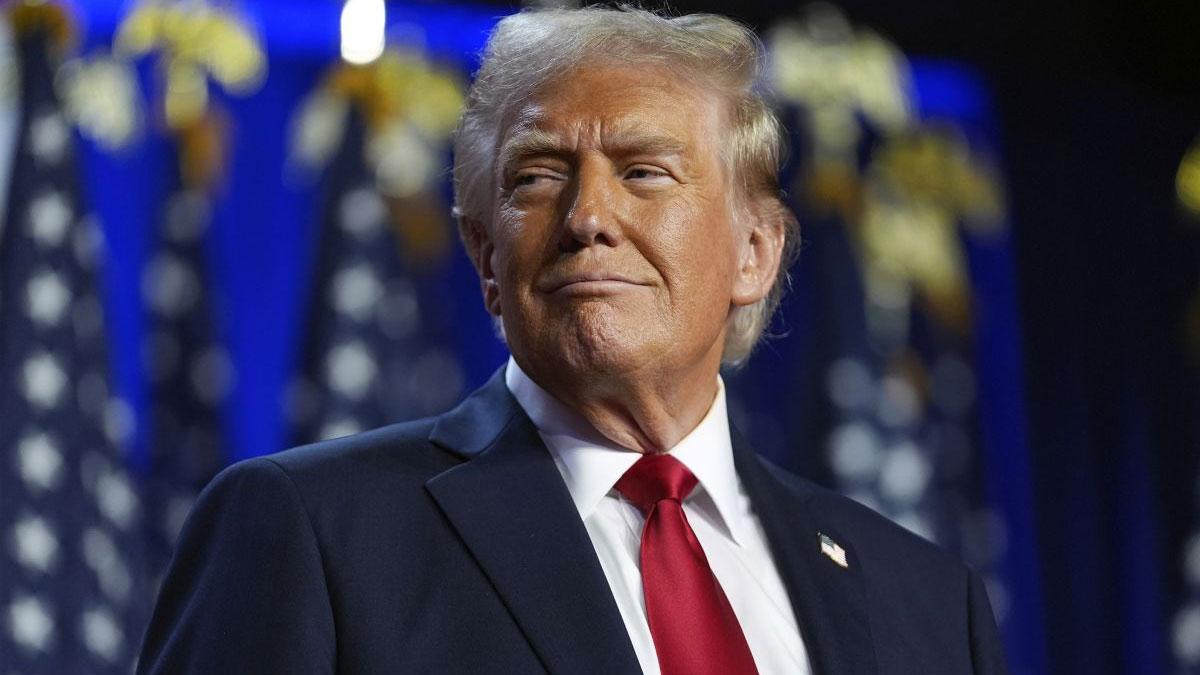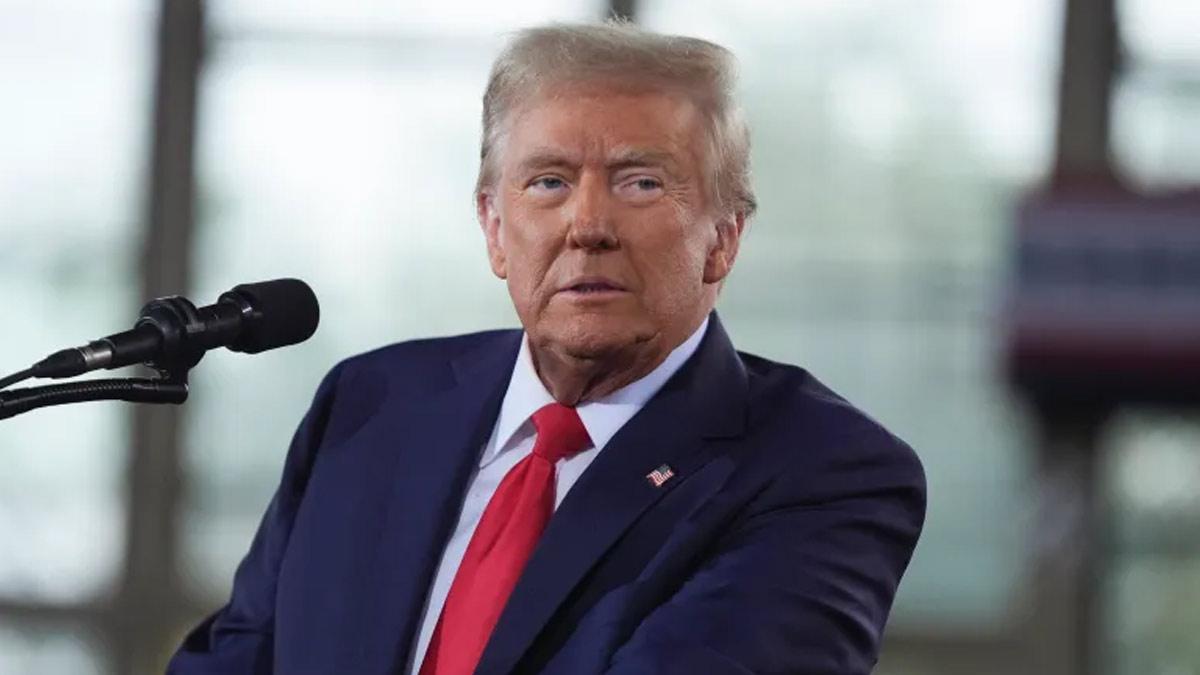Shehbaz Sharif is poised to ascend to the role of Pakistan's next prime minister as a coalition spearheaded by him is on track to comfortably surpass the simple majority threshold required to establish the forthcoming government. This development effectively quells speculation surrounding the fate of the administration following elections that yielded a fragmented mandate.
Shehbaz Sharif, alongside Asif Ali Zardari of the Pakistan Peoples Party and Khalid Maqbool Siddiqui of the Muttahida Qaumi Movement Pakistan (MQM-P), convened at the residence of Shujaat Hussain from the Pakistan Muslim League-Quaid (PML-Q) for a consultative session on Tuesday night. The consensus reached during this meeting paves the way for government formation.
In addressing the nation, Shehbaz Sharif expressed gratitude to Zardari and Bilawal Bhutto for their decision to throw their party's weight behind the Pakistan Muslim League-Nawaz (PML-N). He extended his appreciation to all participating leaders, emphasizing their collective acceptance of the split mandate.
Marriyum Aurangzeb, the PML-N Information Secretary, disclosed that Nawaz Sharif, the party's chief, has nominated his younger brother Shehbaz Sharif, aged 72, for the position of prime minister. Additionally, Maryam Nawaz, the PML-N Senior Vice President, was put forth as the nominee for Punjab's chief minister.
Expressing his vision for the incoming government, Shehbaz Sharif stressed the imperative of addressing the nation's economic challenges, pledging concerted efforts towards stabilization and progress. He underscored the significance of unified leadership in steering the country towards prosperity by resolving conflicts and tackling systemic issues.
In light of the Election Commission of Pakistan's tabulation, the cumulative tally of general seats secured by the six coalition parties - PML-N, PPP, MQM-P, PML-Q, IPP (Istehkam-e-Pakistan Party), and Balochistan Awami Party (BAP) - stands at 152. This indicates a clear path to surpassing the requisite threshold for government formation, with the addition of women and minority seats bolstering their position.
While the immediate focus remains on addressing economic challenges, Shehbaz Sharif reiterated the coalition's commitment to fostering reconciliation and cooperation, including with political adversaries such as the Pakistan Tehreek-e-Insaf party.
As the transition from elections to governance unfolds, the amalgamation of key political entities signals a step towards stability and effective governance. The concerted efforts of these parties are expected to culminate in the formal establishment of the new government by the end of the month, adhering to legal procedures.
In response to the evolving political landscape, the Pakistan Tehreek-e-Insaf party highlighted the importance of graceful acceptance of defeat, urging the PML-N to allow their leader, Imran Khan, to address the nation's challenges.
Looking ahead, the emphasis remains on charting a course towards political stability and progress, with a commitment to inclusive governance and resolution of pressing issues facing the nation.
Read Also | Exploring a Coalition: Pakistan's PML-N and PPP Discuss New Power-Sharing Agreement


















